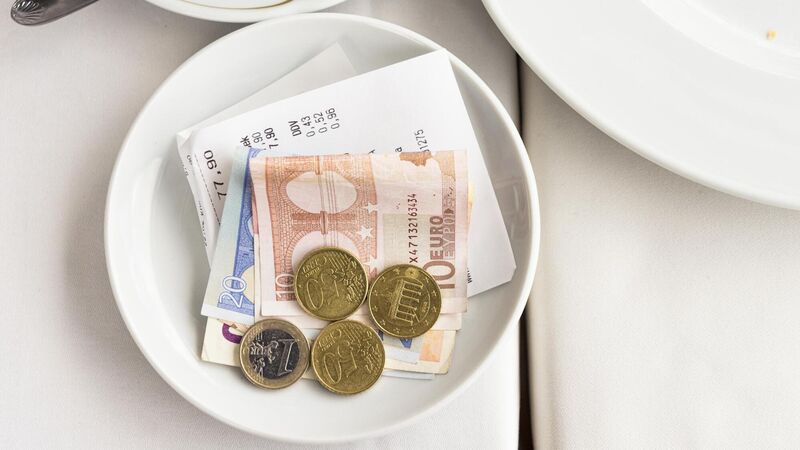Clodagh Finn: Don’t tip? That’s your right but you must never have waited on tables

The Payment of Wages Bill gives waiters a legal right to their tips and is designed to stop employers using tips to make up basic wages.
S a former pizza waitress, I always tip. And in cash. When I don’t have any, I ask the server — in hushed tones — if the credit card gratuity will go to them. Their reaction tells you all you need to know. If there’s an uncomfortable silence or a backward glance to see who might be listening, it’s a firm ‘no’.












